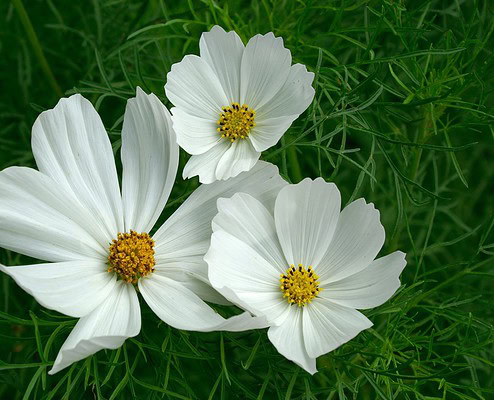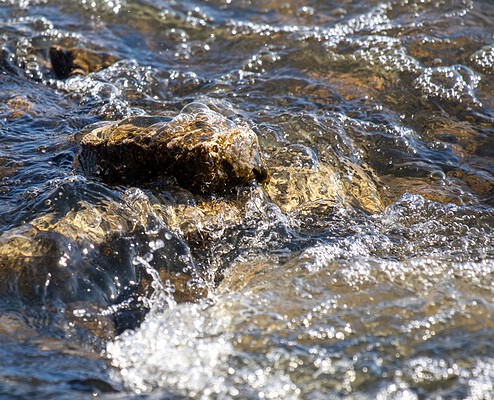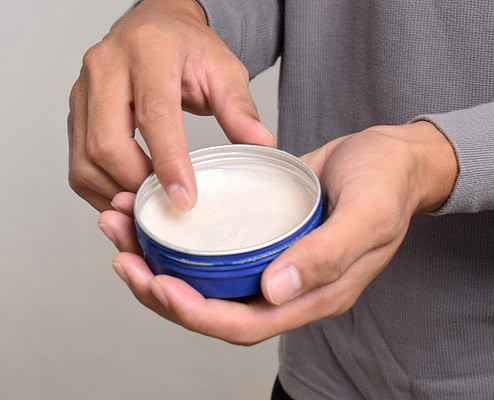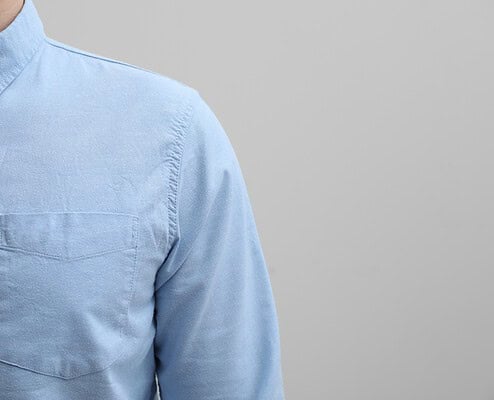Tag Archive for: purity

Is the Urine of the Prophet (Allah Bless Him and Give Him Peace) Considered Pure by the Scholars?
Answered by Shaykh Yusuf Weltch
Question
I want to ask you…

What Should I Do If I Am Too Afraid to Ask from My Host for Water for Purification?
Answered by Ustadh Sufyan Qufi
Question
What should I do if…

What Should I Do After Finding Mucus Upon Urinating?
Answered by Ustadh Sufyan Qufi
Question
When upon waking and…

Is it Permissible to Use Hair Gloss Treatments?
Answered by Mawlana Ilyas Patel
Question
Is it permissible…

Is it Sufficient to Mop Clean Urine and Liquid Impurities from the Floor?
Answered by Mawlana Ilyas Patel
Question
If impurities out…

Is My Wudu Valid with Hard-to-Remove Sleep Crust in My Eyes?
Answered by Shaykh Yusuf Weltch
Question
I had some waswasa…

What Should I Do About Uncontrollable Gas Passing?
Answered by Shaykh Irshaad Sedick
Question
I have constipation…

Is it Permissible to Wipe Over Water-Based Pomade?
Answered by Mawlana Ilyas Patel
Question
Is it permissible…

Is Metal Impure Due to the Use of Gelatin?
Answered by Mawlana Ilyas Patel
Question
I found articles mentioning…

Does One Have to Change Clothes if There Was a Possibility of Gelatin Touching Them?
Answered by Mawlana Ilyas Patel
Question
If I eat something…